Boutwell’s is now the biggest candlepin center in the state
|
Published: 06-24-2025 4:53 PM
Modified: 06-25-2025 9:33 AM |
When 24 teams from the Northeast and Canada come to Boutwell’s Bowling Center in Concord this week for an international competition, they’ll be playing at the biggest candlepin bowling arena in the state.
Impressive, but not quite as impressive as it sounds.
Boutwell’s is the biggest in the state only because the much larger Leda Lanes, an institution in Nashua for 55 years, closed a few weeks ago due to financial problems. That leaves only a half-dozen candlepin centers in New Hampshire with barely 100 lanes among them, and almost a quarter of those lanes are at Boutwell’s.
This isn’t good news for a sport that was created in Worcester, Mass., 140 years ago but has never managed to expand beyond Canada’s Maritime provinces and northern New England. From its heydey in the 1950s, when candlepin bowling was offered in as many as 5,000 bowling alleys in the U.S., often alongside 10-pin and duckpin bowling, it has contracted to a niche that isn’t growing much.
It’s not clear why 10-pin bowling has taken over the sport. Perhaps it’s because candlepin is more difficult – an officially sanctioned perfect score of 300 has never been recorded in candlepin – even though you get three balls per frame instead of two. The ball are much smaller, without finger holes, and the pins are much skinnier. The fact that downed pins are left in the way greatly complicates decisions; fans say it greatly increases interest, as well.
There are parallels to duckpin bowling, another three-balls-per-frame version with small balls that has never gone beyond regional appeal.
Despite the sport’s contraction, fans shouldn’t completely despair. Consider that the Candlepin Bowling Network channel has 4,600 subscribers and is going strong, so even if that won’t replace “Candlepin Stars and Strikes,” the weekly bowling show which was a staple of Channel 50 broadcasting, or the bowling shows that ran on Channel 5 out of Boston for two decades, it’s a sign of continued interest.
“Overall, it’s doing all right,” is how Alex Dellas, son of Boutwell’s owner Andy Dellas, describes candlepin bowling. “COVID did some damage to the entertainment business, including us, but now things are back to normal. We’re doing fine.”
Article continues after...
Yesterday's Most Read Articles
 Surplus seller Ollie’s enters New Hampshire, opens in Belmont
Surplus seller Ollie’s enters New Hampshire, opens in Belmont
 Riverbend to close adult mental health housing facility in Concord due to funding challenges
Riverbend to close adult mental health housing facility in Concord due to funding challenges
 Celebrating National Ice Cream Day with Richardson’s Farm: ‘Nobody else does what we do’
Celebrating National Ice Cream Day with Richardson’s Farm: ‘Nobody else does what we do’
 City officials reject the work of an outside consultant hired to lead Concord’s diversity initiatives
City officials reject the work of an outside consultant hired to lead Concord’s diversity initiatives
 Affordable townhouse expansion gets green light
Affordable townhouse expansion gets green light
Boutwell’s will be hosting the Mixed World competition, with 24 teams from the U.S. and Canada. It runs from Friday, June 27, through Sunday as a round-robin tournament with every team playing every other team, which means that Boutwell’s, with its 24 lanes, is now one of just two bowling centers in the state that can host it.
First place comes with $12,000 in prize money, with lesser amounts for runners-up. Teams represent “houses” or bowling centers – the days when large companies had their own competitive bowling teams are long gone – and judging from online comments, more teams want to participate than they have room for.
It will be followed next month by the women’s Mixed Worlds that will take place from Aug. 1 to Aug. 3. Both events are privately organized. Prizes come from the $1,500 entry fee, 50/50 raffles, and support from the charity Candlepins for Cancer.
Teams come from throughout New England as well as Nova Scotia and New Brunswick. Boutwell’s is hosting this event for the first time. It’s usually in Maine or Massachusetts, although Leda Lanes hosted it a few years ago.
Although the tournament means there will be no regular bowling hours, it’s worth it, Dellas said. “They’re paying us pretty well.”
Bowlers have been coming to this North State Street site since 1959. Daniel Murphy, a frequent state champ and well-known instructor who is in the Candlepin Hall of Fame, owned and operated the business for many years before selling in 2015 to Andy Dellas, who owns Sabrin Pizza next door. His son Alex mostly runs it these days.
One complication is getting parts and repairs for the automatic pin-setting machines, he said.
“The guy that made them retired so he’s only making basic parts for machines,” Dellas said. “We have four old machines from the early ‘80s still up and running to this day. The most recent ones are from about a decade ago.”
Along with the need to maintain a seven-decade-old building, the center makes decisions about technology, particularly whether to install automatic scoring.
“We are semi-automatic here” in that people still have to record the scores told to them after each ball. “Eventually, we’ll have to go down that route.”
David Brooks, who has never broken 100 in candlepin, can be reached at dbrooks@cmonitor.com.

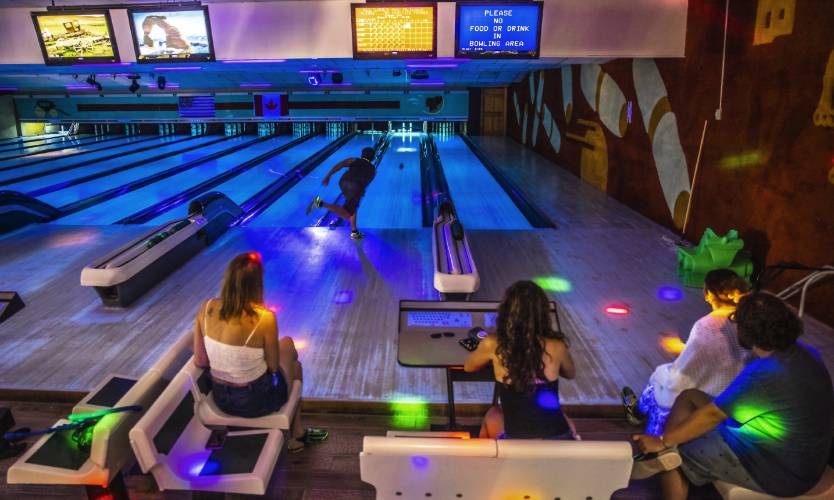
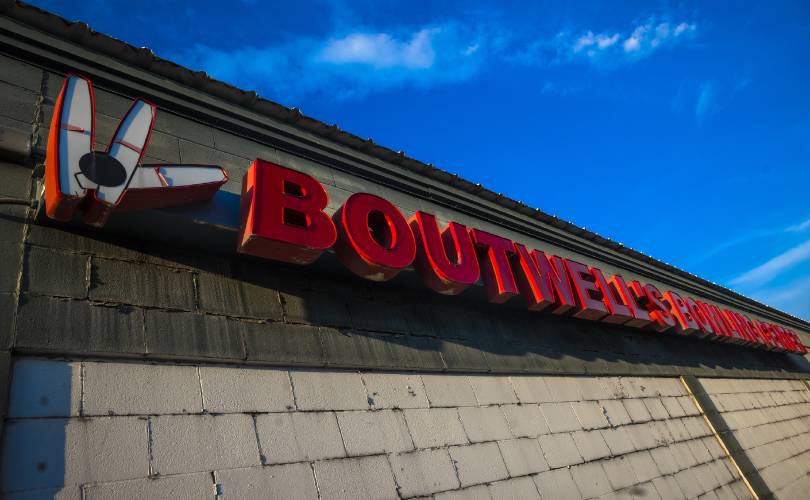
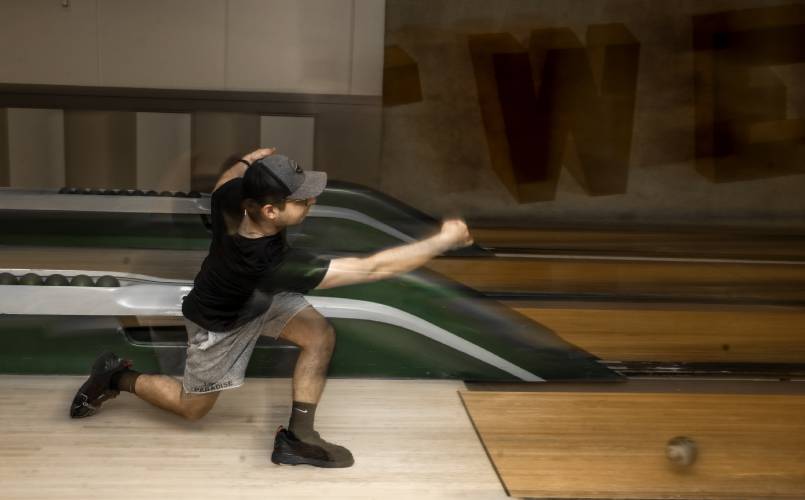
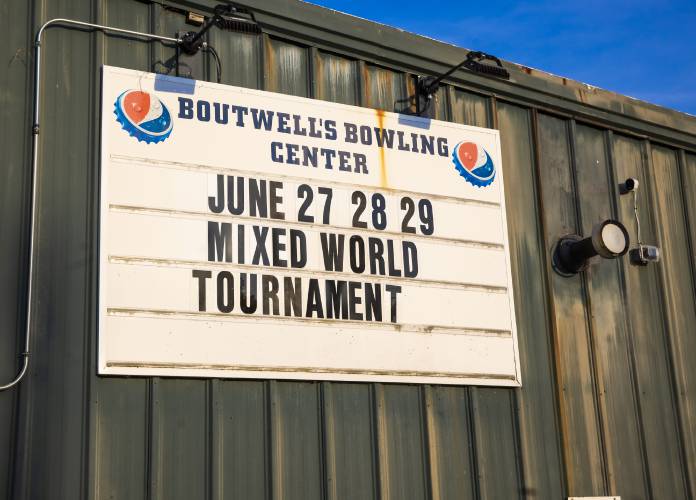
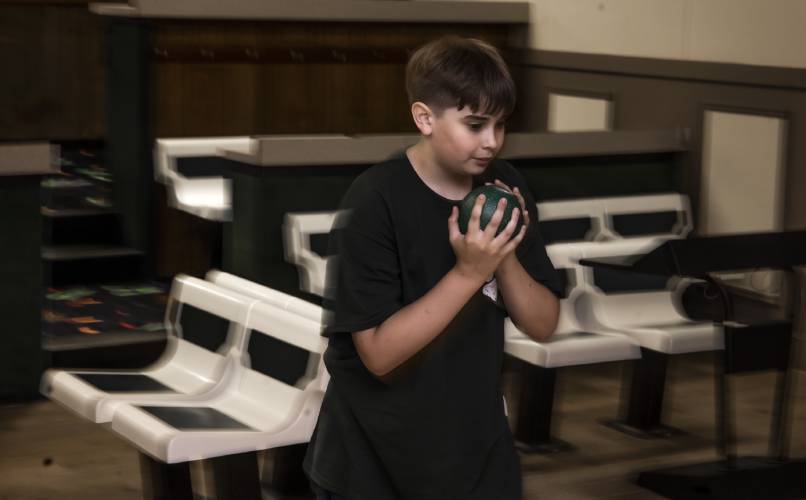
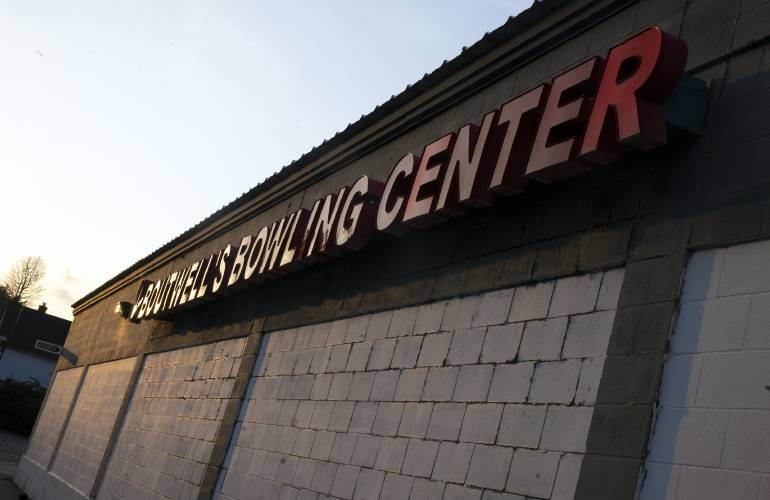
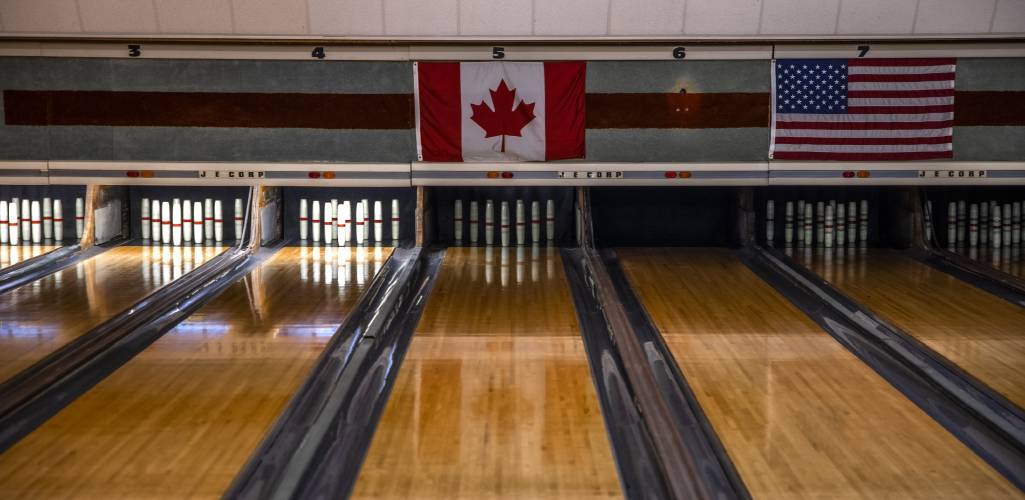
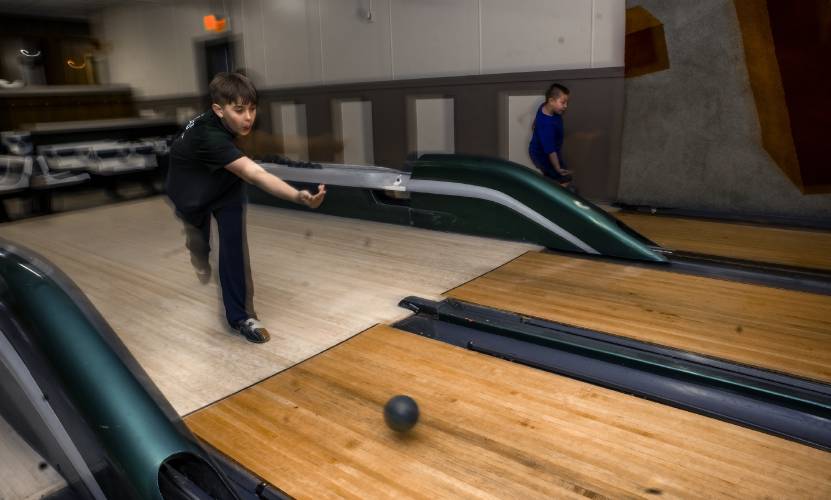
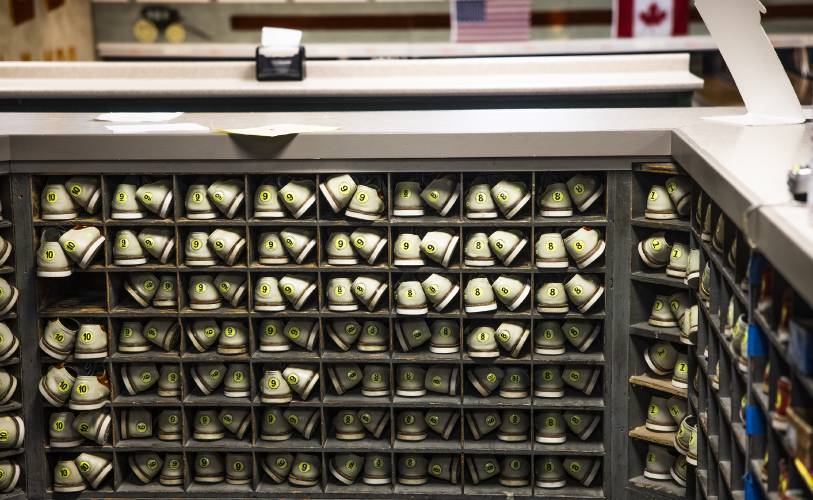
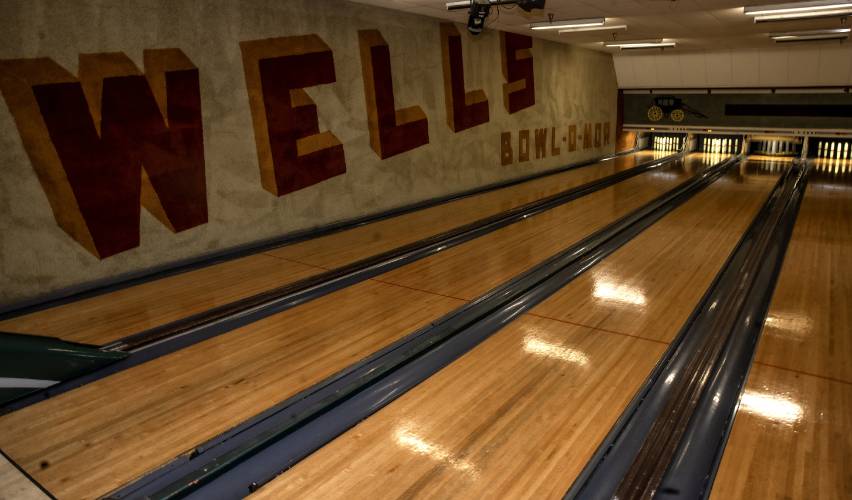






 New Hampshire committee seeks to prevent domestic fatalities like murder-suicide in Berlin
New Hampshire committee seeks to prevent domestic fatalities like murder-suicide in Berlin ‘A little piece of everything I like’: New Pittsfield barbershop brings more than a haircut to downtown
‘A little piece of everything I like’: New Pittsfield barbershop brings more than a haircut to downtown NH judge decides to pause Trump’s birthright citizenship order
NH judge decides to pause Trump’s birthright citizenship order Canterbury honors ‘real heroes’ with updated Military Veterans’ Project
Canterbury honors ‘real heroes’ with updated Military Veterans’ Project
